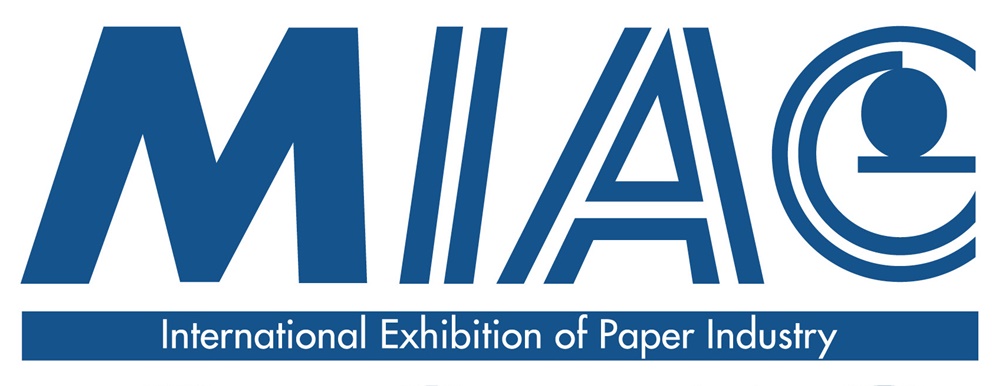NEWS
Metsä Board aims for fossil free mills as part of company’s 2030 sustainability targets
Metsä Board, part of Metsä Group, has today published its sustainability targets for 2030. One of the company’s targets is to achieve fossil free mills by 2030 with zero fossil CO2 emissions. This ambitious target includes both emissions from the company’s own energy production (scope 1) as well as purchased energy (scope 2). Currently, 82 % of the energy used at Metsä Board mills is fossil free.
In addition, Metsä Board is aiming for a 30 % reduction in water use per product tonne and a minimum of a 10 % energy efficiency improvement by 2030 compared to the 2018 level. These will also play an important role in reaching the fossil free mills target.
“The new targets demonstrate our commitment to mitigate climate change supporting the UN Sustainable Development Goals. Naturally, this requires investment. Our recently announced plan to renew the Metsä Board Husum pulp mill would be a substantial step to take us towards our target of 100 % fossil free production,” says Mika Joukio, CEO of Metsä Board.
The main raw material in Metsä Board’s paperboard production is renewable and 100 % traceable wood sourced from sustainably managed Northern European forests. Metsä Board’s target is to reach a minimum of 90 % share of certified wood out of all sourced wood raw material by 2030. In 2018, the company’s share of certified wood raw material was 79 %.
Metsä Board is part of Metsä Group that is already a significant carbon sink as its operations already result in more carbon being bound than being emitted. Metsä Board’s sustainability targets are based on the strategic sustainability 2030 objectives of Metsä Group. More information about Metsä Board’s sustainability and all new sustainability targets for 2030 as a whole can be found at the company’s website: https://www.metsaboard.com/Sustainability/Pages/Sustainability-targets.aspx.
Photo: Metsä Board Husum Mill








